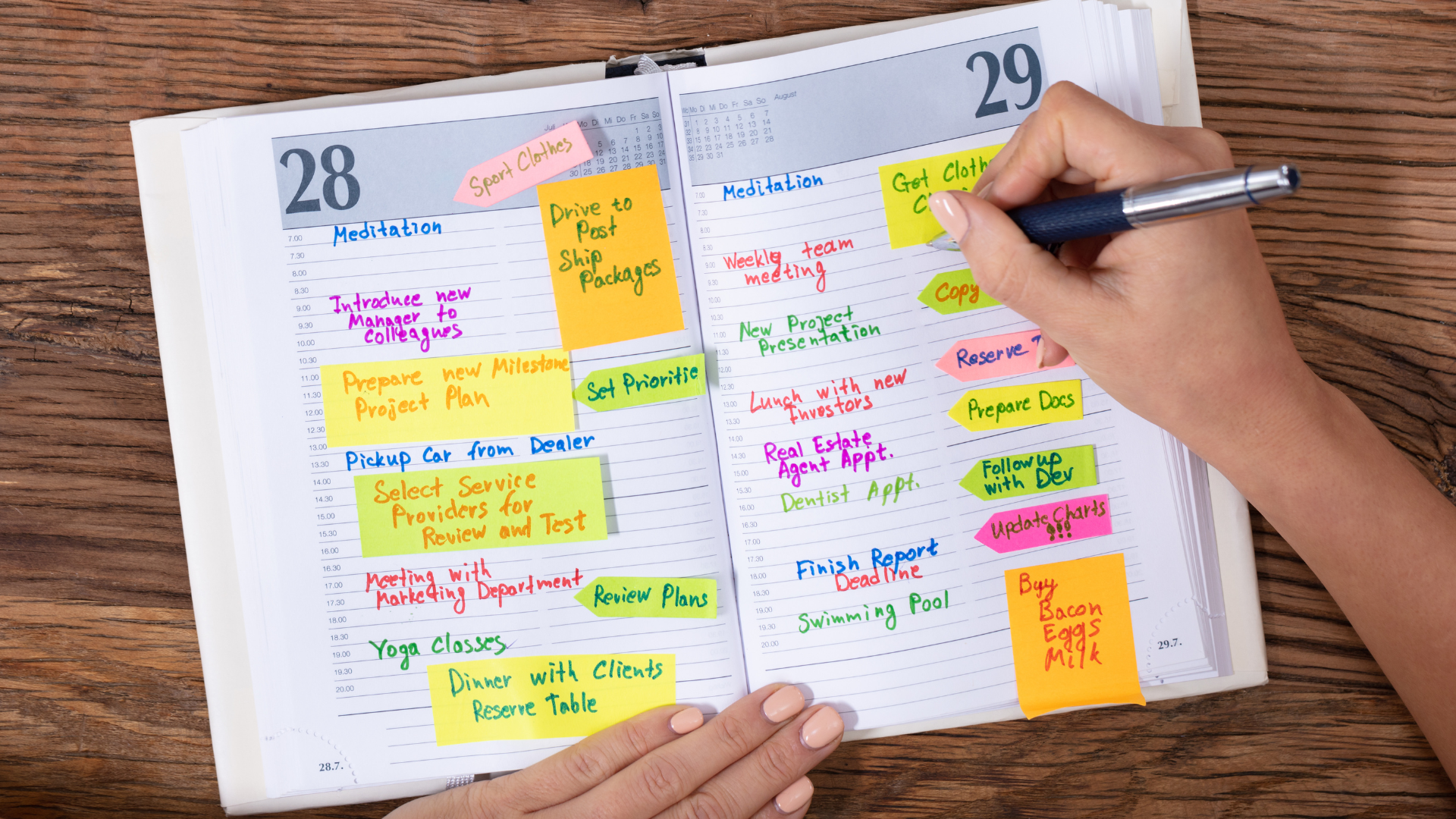Nutrition on a Budget: Easy, Healthy Meals for Busy Students
Between school, work, commuting, and caring for family, many students feel like there’s no time (or money) for healthy eating. But at Fordham Institute Inc., we believe that fueling your body doesn’t have to be expensive—or complicated. Whether you’re training to become a Home Health Aide (HHA) or Certified Nursing Assistant (CNA), eating well can help you stay energized, focused, and ready to succeed. Here’s how to make smart food choices—even on a student budget.
1. Plan Ahead = Save Big
One of the easiest ways to eat well on a budget is to plan your meals. Take a few minutes each week to:
- Write out what you’ll eat for breakfast, lunch, and dinner
- Create a grocery list based on that plan
- Avoid impulse buys and takeout spending
Pro tip: Stick to meals you know how to make and rotate favorites to save time and money.
2. Build Budget-Friendly, Balanced Meals
You don’t need fancy ingredients to get protein, fiber, and nutrients. Here are easy and affordable staples:
- Protein: eggs, canned tuna, beans, peanut butter
- Grains: rice, oats, whole grain pasta
- Veggies/Fruits: frozen veggies, bananas, carrots, apples
Mix & match: Rice + black beans + frozen veggies = a quick, healthy bowl
3. Quick Breakfast Ideas for Busy Mornings
- Overnight oats with fruit
- Whole grain toast with peanut butter
- Scrambled eggs with spinach
Breakfast = Brainpower. Don’t skip it—especially before class or clinicals.
4. Snack Smart
Keep easy snacks in your bag to fight fatigue between classes:
- Trail mix
- Fruit
- Yogurt
- Cheese sticks
- Whole grain crackers
Avoid sugary drinks and snacks that give a quick boost and then crash your energy.
5. Stay Hydrated
Water is essential for energy, focus, and overall health. Carry a reusable water bottle and refill it throughout the day.
Dehydration = Brain fog + Low energy. Stay ahead with water.
6. Cook Once, Eat Twice (Or More!)
Batch cooking is your best friend. Make larger meals and store leftovers in containers. Great options:
- Stir-fry with rice
- Pasta with veggies
- Soup or chili
Meal prep helps you eat better, spend less, and stress less.
Nourish to Flourish
Taking care of your body is part of taking care of your future. At Fordham Institute Inc., we support your growth not just in the classroom, but in your everyday lifestyle.
📞 Have questions about our programs? Call
718-480-1804
Because when you eat well, you think well—and when you think well, you succeed.





